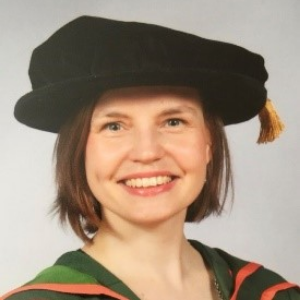Title : Gatekeepers and medical devices: How success measures can make patients worse off
Abstract:
An orthopaedic medical device's success is measured using clinical testing, patient-reported outcome measures (PROMs), and quality-adjusted life years (QALYs). However, the most significant influence has been the cumulative revision rates (CPR) reported annually by national arthroplasty registries. CPR measures the success of a prosthesis by calculating the total number of revisions that the joint requires during the entire operational use of that device. The influence of registries has ascertained that surgeons use CPR as the primary measure when picking a prosthesis in countries with national health insurance. Unfortunately, these registries compare Total Knee devices (TKAs) revision rates to UKAs; the latter is always worse off. However, this is due to a technicality: UKA revisions are quicker and generally easier, restoring a patient's quality of life with minimal intervention, while TKAs are more challenging or even impossible to revise and, therefore, not done unless necessary. In 1995, the Swedish Knee Arthroplasty Register (SKAR), the most respected and influential registry for knee replacement, published a damming paper on the Oxford Knee™ revision rate, stating that the device should only be used within a clinical trial. The review contrasted with surgeons' and patients' experience with the device, leading the Oxford Knee team to collect data and analyse whether the revision rates can be considered the measure of success in all cases of prosthetic surgery. In addition, archival evidence showed communication between SKAR and the Oxford Knee team in 1993, where concerns were raised about the different quantities used to measure the validity of the revision rate. Despite the 1995 SKAR review, the Oxford Knee thrived and continues to receive a high rating in both PROMs and QALYs, but high in revision – so does it count as a success or failure?
What will audience learn from your presentation?
- Arthroplasty registries history of data collection and completion rate
- History of the comparison between partial and total knee replacement
- Revision rate influence of medical device selection for surgeons




